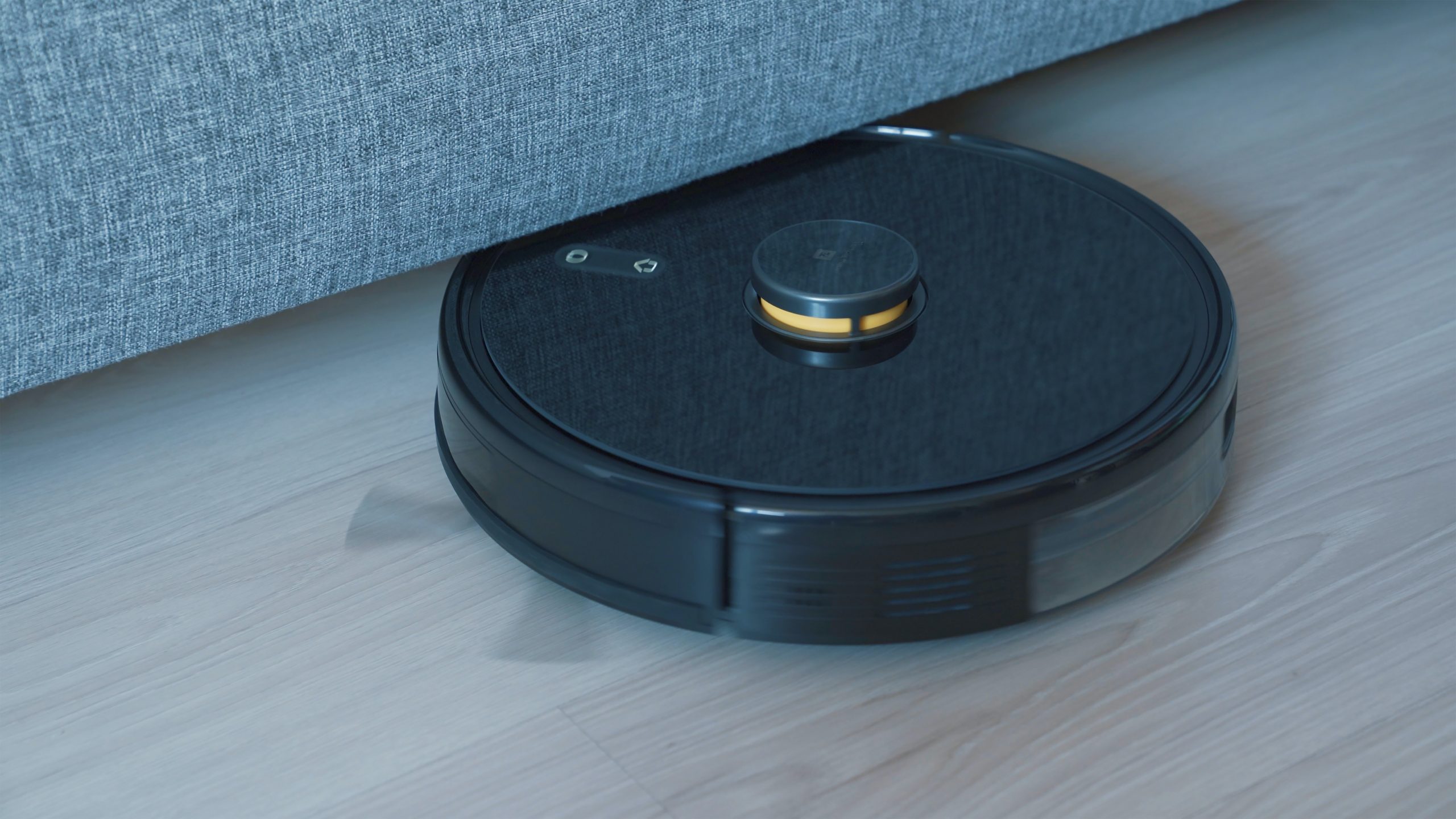Get ready for some more free time. Roughly 39 percent of the time you usually spend on household chores will likely be on a robot’s to-do list in the years to come, according to the predictions of a group of AI experts from the United Kingdom and Japan. The research team, led by Ekaterina Hertog at the University Oxford, says that within the next decade, AI may help take care of many of the unpaid domestic tasks that eat up so many minutes and hours of our days right now.
Earlier research reveals that people in the United Kingdom between 15 and 64 years-old usually spend about 43 percent of their work and study time on unpaid domestic chores. This can include housework like cooking and cleaning, child or elder care, and anything else that a paid worker can theoretically do, or someone can replace with market goods. In the U.K. alone, working-aged men spend around half as much time as working-aged women do on such tasks. Japanese men spend even less time on domestic tasks (just 18% in comparison to Japanese women).
However, few studies have analyzed automation in relation to unpaid domestic work, or how predictions about automation differ among various AI experts. So, study authors consulted with 29 male and female AI experts from the United Kingdom and 36 experts from Japan. The group had to predict just how “automatable” 17 distinct housework and care work tasks might become over the next decade.
6 in 10 think robots will buy all the groceries soon
The experts collectively predicted that, on average, 39 percent of the time people currently spend on any given domestic work task will be a job for robots within the next 10 years. Estimates, of course, varied significantly between tasks. Grocery shopping was the task mostly likely to become an automated chore (59%). Meanwhile the least automatable task was physical childcare (21%). Interestingly, more U.K. experts predicted automation would replace domestic labor (42%) than Japanese experts (36%). Study authors believe this may be because in the United Kingdom technology is associated more closely with labor replacement than in Japan.
Male experts from the U.K. tended to be more optimistic about the automation of chores in comparison to their female counterparts. This gels with earlier studies that found men tend to be more optimistic about technology than women in general. However, this trend was actually reversed among Japanese tech experts, as women were slightly more optimistic. Researchers speculate that Japanese gender disparity in household tasks plays a role in those results.
To be clear, study authors stress that this project’s sample is not statistically representative of the field and is ultimately too small to generalize its findings to all AI experts. Still, researchers note examining experts’ backgrounds may contextualize their forecasting predictions. The team also adds that these predictions don’t just anticipate the future of work, but actually shape it. They conclude that bringing greater cultural and gender diversity to future research is incredibly important.
“Our study with technology experts in the UK and Japan finds that in 10 years’ time domestic automation could reduce the amount of time spent on current housework and care work tasks by 39%,” the study authors conclude in a media release.
The study is published in PLoS ONE.




























